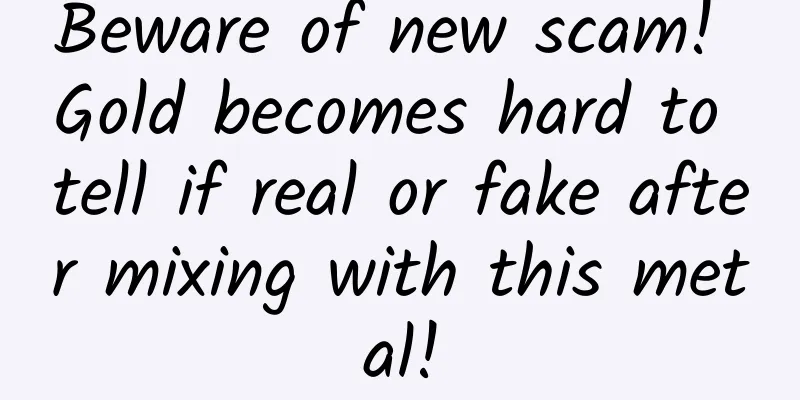Potential dangers in e-commerce

|
Among the various illegal products sold on the dark web, some of the most notable are services for hackers to try malware or denial of service (DDOS) attacks, which can cause large-scale online traffic disruptions and website outages. A June 2022 study found that a high-quality malware attack can sell for $5,500 per 1,000 installations on a dark market or vendor. Conversely, a DDOS attack on an unprotected website that lasts for a month has an average price of $850. Average price of malware and denial of service (DDOS) attacks sold on the dark web as of June 2022 (in USD) Source: Statista.com The Surface Web, the Deep Web, and the Dark Web: What Are They All? We all know that the Internet is called the "surface web" compared to the deep web and the dark web. The surface web, also known as the "visible" or "open" web, is formed by millions of indexed websites, including e-commerce platforms, that are accessible to anyone through search engines such as Google. However, the surface web is just the tip of the iceberg and contains only a tiny fraction of all the content, databases, and servers in the deep web. On the deep web we can find all existing databases and non-indexed websites containing a vast amount of protected data and files, both public and private, that cannot be freely accessed through the surface web. The hidden “web” also hosts the internal networks of companies and government agencies, that is, the internal networks that enable these organizations to communicate and save and manage their data. The deep web encompasses all the areas necessary for the operation of the world-wide web. The dark web is a relatively small part of the deep web. It includes non-indexed websites and platforms that, unlike the deep web, are mainly used to conduct illegal activities. Users must have special codes or credentials to access and use these websites. Domains are usually anonymized using strong data encryption and protection tools to ensure that threat actors operating there cannot be identified and therefore brought to justice. How is illegal e-commerce conducted on the dark web? The dark web has countless markets where users can buy and sell all kinds of prohibited items and criminal services. There are hundreds of thousands of "dark markets" such as AlphaBay, ASAP, Tor2door, DarkFox, etc. in total, and a considerable number of them are fraudulent because they provide personal account login information, stolen identities, forged documents and counterfeit currency. As of November 2021, Dark0de, Torrez, and OpenRoad are the darknet markets with the most listings. Dark0de offers over 69,100, while Torrez offers approximately 57,300. A dark market is an online marketplace that operates on the dark web. Dark0de is one of the darknet markets with the most fraudulent resources. As of November 2021, nearly 23% of listings offer illegal products or services involving fraudulent methods, bank account logins, stolen identities, counterfeit money, etc. On the Torrez site, fraudulent resources account for 14.5% of the total. On these markets, darknet sellers offer stolen passports in physical format, which can go for $6,500 if they are Maltese citizens, and around $3,800 if they are EU passports such as France, the Netherlands, Poland or Lithuania. Other illegal digital products for sale include hacked social media accounts and social media followers, which can go for as little as $4 per 1,000 followers on Instagram or Twitch, credit card details, e-wallets and cryptocurrency verified accounts, and many other types of hacked accounts. The list of products available on the darknet is endless. Major e-commerce platforms, including some of the world’s highest-grossing companies, are perfect targets for threat actors in all parts of the web. One of the strategies fraudsters use to cash in on the good name of legitimate online retailers and marketplaces is called “domain spoofing.” It involves creating a website that resembles some of the most established brands on the market, mimicking their domain names to gain access to information from unsuspecting customers. Chinese platforms Taobao and Alibaba were found to be among the most spoofed e-commerce domains in the world, with nearly 5,000 fake websites each. To operate, e-commerce companies store databases and intranets on the deep web. Hackers may find vulnerabilities in these repositories and illegally retrieve private data, such as administrator logins, to exploit themselves or sell on the dark web. By the end of 2022, companies such as Wayfair or Aliexpress had more than 4,000 employee credentials leaked in the deep web. By tracking mentions of their brands on the deep web, e-commerce companies can monitor the interest of dark agents in hacker forums and implement countermeasures to prevent future data breaches and other cybersecurity threats. |
>>: MARCO Research: 2022 Post-Pandemic Consumer Behavior Survey Report
Recommend
The efficacy and function of Baiwei bamboo shoots
There are so many medicinal herbs in the world, a...
The efficacy and function of water ghost banana
Do you know the water banana? It is a common Chin...
Can Bidens pilosa treat hemorrhoids?
Bidens pilosa is a very common plant in my countr...
The night of White Dew and Autumnal Equinox is colder every night! What should I do if my nose is suffering during the season change?
"On the nights of White Dew and Autumnal Equ...
What are the effects and functions of Sini Decoction?
Many people have not heard of Sini Tang. It is a ...
What are the side effects of Pueraria lobata breast enhancement?
Breast enhancement has always been a topic of con...
The role of interleukins
Medicines are very helpful for the treatment of d...
The efficacy and function of camel hair
Camel hair has a long history, and up to now, cam...
The functions, effects and characteristics of morning glory
When we were children, we often picked a morning ...
Are invasive alien species necessarily villains?
Produced by: Science Popularization China Author:...
Can Cordyceps sinensis be soaked in water and drunk?
Now with the development of society, people's...
Aircraft piston engine
Aviation piston engines rely on the reciprocating...
What Chinese medicine is effective in replenishing kidney yang deficiency?
There are always many men who are most worried ab...
[Creative Cultivation Program] Fish are the evidence that the Tarim Basin actually "drifted" from the equator
Author: Gai Zhikun Shan Xianren Reviewer: Zhao We...
What are the effects and functions of Lulutong?
In fact, Rulutong has many effects and functions,...









